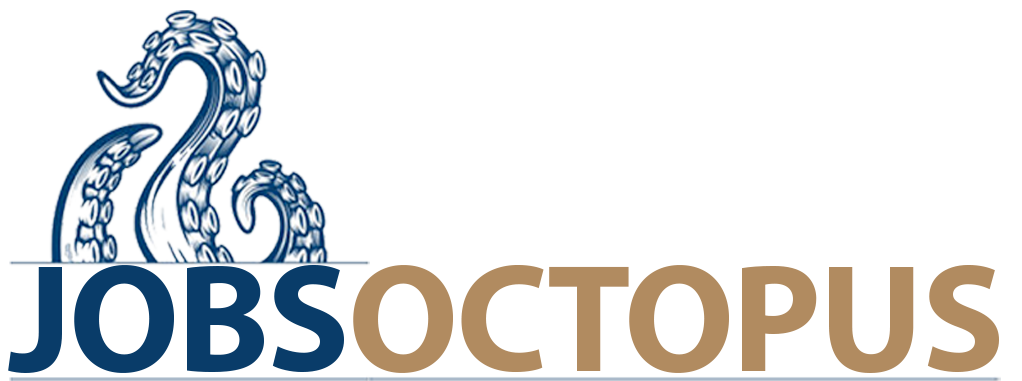
In the wake of transformative global events and technological advancements, the traditional landscape of work is undergoing a profound shift. The rise of remote work, once considered a temporary solution, has evolved into a permanent fixture in the employment landscape.
As we delve into the future, the paradigm of work is further shaped by the integration of remote and hybrid models. In this blog, we explore the implications, benefits, and strategies for embracing the future of work.
1. The Remote Revolution
Remote work, once an exception, is now a mainstream phenomenon. Enabled by digital technologies and the growing acceptance of flexible work arrangements, employees and employers are redefining the boundaries of the traditional office space. Remote work not only provides employees with increased flexibility but also opens up a global talent pool for employers.
2. The Hybrid Horizon
The hybrid work model emerges as a synthesis of the traditional office setting and remote work. It offers employees the flexibility to choose where and how they work, fostering a balance between in-person collaboration and the autonomy of remote environments. This model recognizes the diverse needs and preferences of the workforce.
3. Employee Empowerment
Remote and hybrid models empower employees to design their work environments in a way that suits their productivity and well-being. With the freedom to choose between home, co-working spaces, or traditional offices, individuals can optimize their work conditions, leading to increased job satisfaction and performance.
4. The Role of Technology
Technological advancements play a pivotal role in facilitating remote and hybrid work. Cloud computing, collaboration tools, and video conferencing platforms have become essential components of the modern workplace. As technology continues to evolve, seamless connectivity and digital collaboration will be integral to the success of remote and hybrid models.
5. Redefining Company Culture
Maintaining a strong company culture in a remote or hybrid setting is a challenge that organizations must address. Regular virtual meetings, team-building activities, and communication strategies become vital tools for fostering a sense of belonging and shared values among remote and in-office employees.
6. Flexible Work Arrangements
The future of work is marked by a departure from rigid 9-to-5 schedules. Flexible work hours and results-oriented performance assessments take precedence over traditional time-based models. This shift allows employees to balance work and personal commitments, promoting overall well-being.
7. Overcoming Challenges
While remote and hybrid models offer numerous advantages, challenges such as potential feelings of isolation, communication barriers, and the need for effective performance measurement must be addressed. Organizations should actively work towards solutions that promote inclusivity and collaboration.
8. Talent Acquisition in a Borderless World
The geographical constraints of talent acquisition are diminishing. With remote and hybrid work, organizations can tap into a diverse pool of talent from around the world. This global perspective not only enhances creativity and innovation but also brings unique skills and perspectives to the table.
9. Adapting Leadership Styles
Leadership in a remote or hybrid environment requires a shift in approach. Trust, communication, and empathy become even more critical as leaders navigate a dispersed workforce. Emphasizing outcomes over micromanagement fosters a culture of autonomy and accountability.
10. Embracing Change
Embracing the future of work requires a mindset of continuous adaptation. Both employers and employees must be open to change, proactively seeking solutions to challenges, and leveraging the opportunities that remote and hybrid models present.
The future of work is dynamic, shaped by the interplay of technological innovation, cultural shifts, and the evolving needs of the workforce. Embracing remote and hybrid models signifies not just a change in physical work locations but a transformation in the way we perceive and engage with work. By navigating this landscape with agility, organizations and individuals can harness the full potential of the future of work. It's a journey toward a more flexible, inclusive, and empowered professional world.



